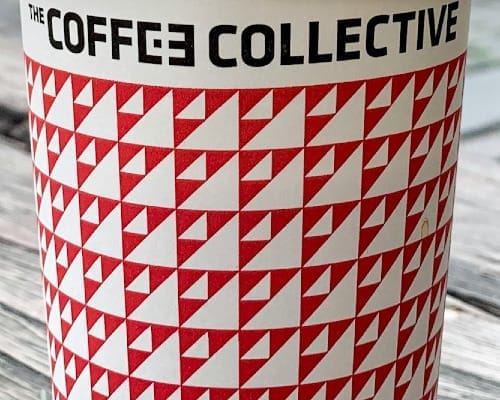Federate - or miss out

For most of the past 20+ years I've been trying to convince the leaders of nonprofits and foundations that their work is digitally dependent and that they need to understand, govern, and manage their digital resources with the same integrity to mission with which they manage their human and financial resources.
I have not succeeded in this.* Just a few months ago a Foundation CEO insisted to me that his organization's dependency on social media companies and cloud providers was no more of a governance issue than his dependency on electricity. Oh, how very wrong he is.
All of the major platforms based in the USA have right wing owners who paid millions of dollars sucking up to the new president. They've dumped their DEI efforts (lame as they were), fired content moderators, and called for "more masculine energy." They have done and will continue to do the Administration's bidding, explicit and hinted at. It's possible you think this is a great thing, though I doubt you're reading this, if you do.
In the simplest terms, the U.S. Government now has both the official and the "adjacent" capacity to read everything you write and/or store online - emails, board minutes, text messages, donors' addresses, protest plans, names of those you serve, and on and on. They've actually had this power for longer than a week, but his predecessors did not use this horrific capability with the wanton cruelty and fascist reasoning that the current White House occupant will. He's already accelerating the longstanding project by the Republican Party to control broadcast media.

Renee DiResta has a good article in NOEMA magazine about how the politics of different platforms has led to a great decentralizing of social media. People have been self-segregating onto platforms where their lives are not threatened on a daily basis (or to ones where Nazi salutes are a source of giggles).
DiResta's point is that the centralized power of the big social media companies has been broken; and the social media landscape (which for many people is a huge part of their internet use) is now one of federated states, where rules are made locally and people are choosing where to "live" online based on the politics and rhetoric of different systems. Truth Social, X, and Gab are for MAGA, Nazis and those who abide them; BlueSky and Mastodon are for people who'd rather not be harassed and threatened all day online, we get enough of it IRL.
Given all this, how do you justify staying on the platforms of those who support deportation, privatizing education, cutting programs for the hungry and poor, or hiring (gross) TV personalities to run the biggest military in the world? While DEI policies and inclusive mission statements were apparently so disturbing that a slew of white men/women voted for a felonious rapist hell-bent on enabling oligarchy; the real danger has always been to black and brown people, women, disabled people, and queers. We get beaten on the streets, stalked and run over, and shot by vigilantes, just for existing. The presidents' voters get violent because their feelings get hurt. And violence in the streets is very much part of their plan.
Just as we've learned to protect ourselves in the streets, we must protect ourselves online. Certain sites such as Facebook, Instagram, X, and Truth Social are not safe and we should leave them. If it hits anyone's overflowing wallet, that's a nice side benefit. The simple truth is those places are not safe for us. And as people flee from those sites, your argument for staying that those places "are where the people are" rings hollow.
One place a lot of people are going is to Mastodon - which allows communities to host their own servers, set their own rules, and keep themselves safe. BlueSky, another option, is built on the backbone of the federated technology that undergirds Mastodon. You're not explicitly safe on these sites - and you should still be careful about what you post - but in many cases you can participate in setting the rules, choose a site with rules you can abide, and you might be able to find a site host who isn't palling around Mar-a-Lago grifting with the best of them. As I've written in Alliance Magazine and Blueprint 2025, "how" we govern digital "stuff" is more important than the mere fact that the "stuff" is digital.
In moving to federated social media sites people are re-imagining and rebuilding civil society online (whether or not they know it). I've written about OpenCollectives as a form of community governance. BlackSky is a channel on BlueSky for Black people, and some of them are working together as an OpenCollective. (I'd link to their governance document, but just because I was able to find it doesn't mean its mine to share. It isn't. So I'm not - another good practice).
So, there's yet another reason to get off those centralized, oligarch-owned systems. Civil society is reinventing itself as we speak - and if you're not where it's happening, you're missing out.
*There are many others who also do this work - some of them have been more successful than I have been.